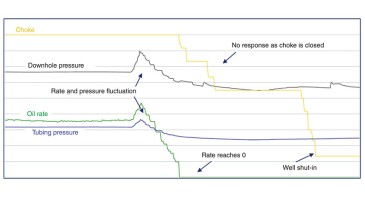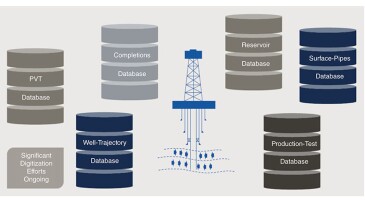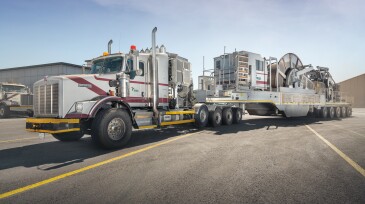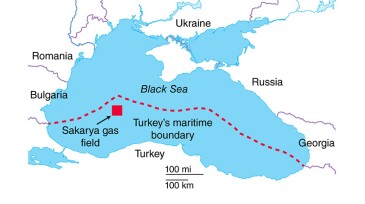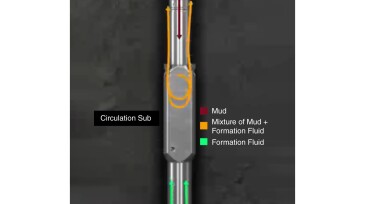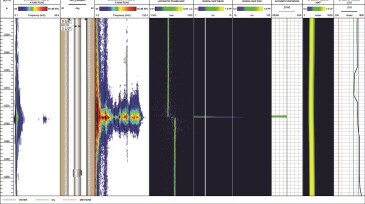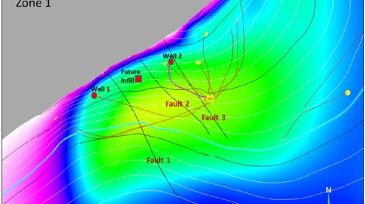well testing
-
The authors of this paper discuss how intelligent completions in the Gulf of Mexico have allowed for increased production, reduction in operating expenses, enhanced overall reservoir recovery, and improved safety and environmental performance.
-
SponsoredTAQA's PulseEight Secure and SwellStack solutions avoid costly workovers and deferred production by riglessly retrofitting an alternative to failed subsurface safety valves.
-
This paper describes the development of a comprehensive digital solution for well surveillance and field-production optimization for an offshore field consisting of four stacked reservoirs, each containing near-critical fluids.
-
SponsoredTAQA is commencing its journey into the year 2024 with the successful launching of many innovative coiled tubing technologies and solutions, technologies that will transform the nature of well intervention operations into a new era. Read this article and dive into the high-tier coiled tubing technology offerings from TAQA.
-
This paper describes dynamic reservoir characterization considerations, challenges, and engineering solutions used to derisk field-development decisions confirmed by a well-testing campaign in a complex setting.
-
This paper addresses the challenges related to well control and the successful implementation of deep-transient-test operations in an offshore well in Southeast Asia carried out with the help of a dynamic well-control-simulation platform.
-
Diagnostics firm TGT launched its newest acoustic platform that it says broadens flow analysis by adding radial distance to the data collected.
-
In Part 1 of a series of articles, the author highlights candidate selection and problem clarification. This section describes how the success rate of solving conformance problems is improved by reducing assumptions and improving your problem understanding prior to executing a solution.
-
This paper introduces a measurement system that is agile for transport and can be installed anywhere with a small footprint while delivering reasonably accurate results.
-
This paper describes how a surveillance, analysis, and optimization plan was used to resolve subsurface uncertainties and optimize a reservoir development plan and provides lessons learned and best practices.

